Of the Rebound effect is particularly important after long-term medication has been discontinued. Mechanisms originally intended for the adaptation of the body can lead to undesirable side effects in medicine and other areas.
What is the rebound effect?

In abstract terms, the rebound effect is a consequence of giving up a habit. In medicine, the focus here is on when a medication lasts longer, because then the body gets used to it and stopping the medication triggers the rebound: The symptoms originally treated often occur to a greater extent than before the medication. Therefore is synonymous with Settling effect spoken.
In the case of addiction, a rebound can occur if the addiction is continued to be served in order to avoid withdrawal symptoms. These become all the greater (rebound) after the addictive substance is discontinued, so that the addiction must continue to be pursued.
The discontinuation effect also occurs with hormonal treatments. It can be found particularly vividly in physiology, where a patient presses down the arm of a doctor with his arm. If this initially withstands the pressure, the patient gets used to this condition. If the counter-pressure is suddenly reduced, the application of force suddenly stops on both sides and the patient's arm shoots upwards slightly (rebound).
Function & task
Here the abstract basic structure of the settling effect becomes apparent: The body gets used to a situation. If this is changed, it cannot compensate properly at first. Different mechanisms can be the cause: With medication, the number of receptors that react to the active substance can decrease. The body becomes blunted to the drug and may need a higher dose. When you stop taking it, the body's own active ingredients can bind to fewer receptors. Where there was previously a deficit that made the medication necessary, the deficit is even greater afterwards.
But the opposite can also happen: upregulation can occur, higher regulation of the number of receptors. The body learns to react to the active ingredient, it becomes more sensitive to it, but it also gets used to the higher turnover. As a result, he is undersupplied when he stops taking the drug, and rebound occurs.
The high adaptability of the human body is a vital quality. In this way, it can compensate for a large number of environmental changes and adapt to a wide range of environmental conditions. In the event of abrupt changes, however, it takes time to adapt.
The withdrawal effect therefore only occurs when a drug is withdrawn too quickly. It is avoided with longer tapering off. The rebound is therefore a kind of tribute to the ability to adapt, without which humans would be immensely more sensitive and fragile.
This effect can be observed not only in medicine, but also in psychology, for example. Once the psyche has got used to an environment, a brisk change in life can even make the familiar state miss.
It is also a kind of rebound when someone moves from a very cold to a very warm region and then back again. After returning home, he will increasingly freeze because he has adapted to the hot climate in the meantime.
Illnesses & ailments
Rebounds occur with a variety of drugs. Withdrawal of sedative, anxiety-relieving benzodiazepines may make the patient more anxious than before the medication. After stopping the administration of heart-regulating beta blockers, the heart may racing. If you have inflammation of the stomach lining and take proton pump inhibitors that reduce stomach acid, you may notice an increase in gastric acid formation after stopping the treatment.
After stopping decongestant nasal sprays, which dry out the nasal mucosa, it can swell to a particular extent and the nose is blocked again. After treating a goiter with thyroxine, the thyroid gland grows again. These are all examples in which patients have a kind of drug addiction that requires gradual withdrawal, tapering off. Here the similarity to an addiction becomes clear. In the case of an addiction, however, the targeted search for an effect through a substance is in the foreground, the withdrawal is secondary as a result. When medication rebound, the opposite is true; withdrawal is superficial.
Rebound effects can also be found in the non-medical area. With alcohol withdrawal, the alcoholic freezes and is nervous because alcohol warms and relaxes. If a patient tries in the psychological area to suppress nervous tics for a while, these tics can be even stronger afterwards. The psyche is used to the ticks; it has established them as a compensation for a problem, for example to relieve psychological pressure. If it is torn too briskly out of this habitual attitude, the pressure cannot be compensated and the person concerned reacts violently in order to find his way back into the habitual habit.
As another example, grief after the loss of a loved one is a kind of rebound that represents a lack of familiar closeness with that person. Without the relationship with this person, there would have been no cause for grief, the rebound symptoms of being alone are in some ways stronger than before the relationship.


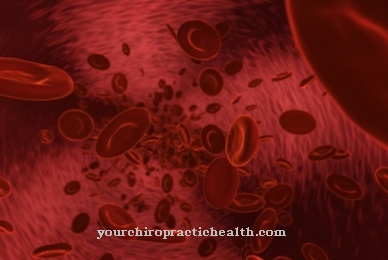








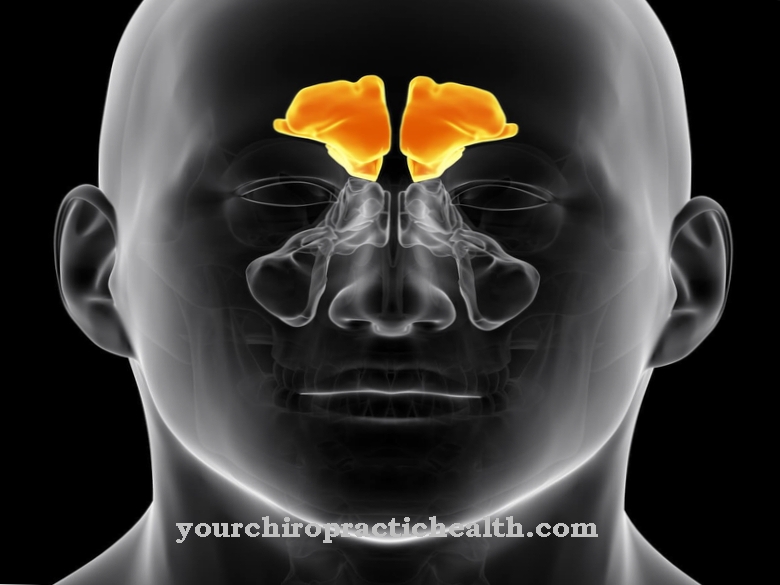

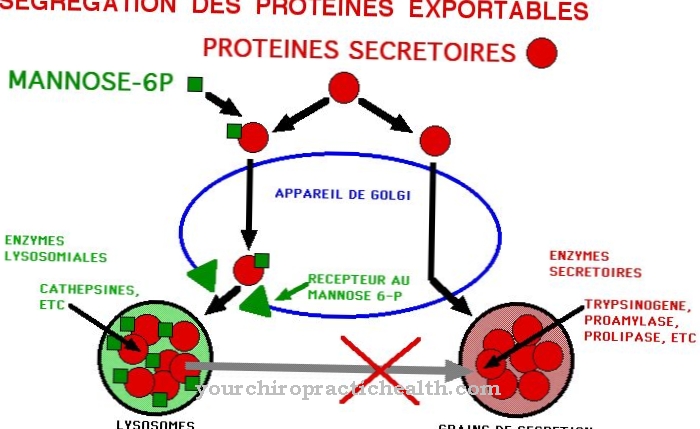
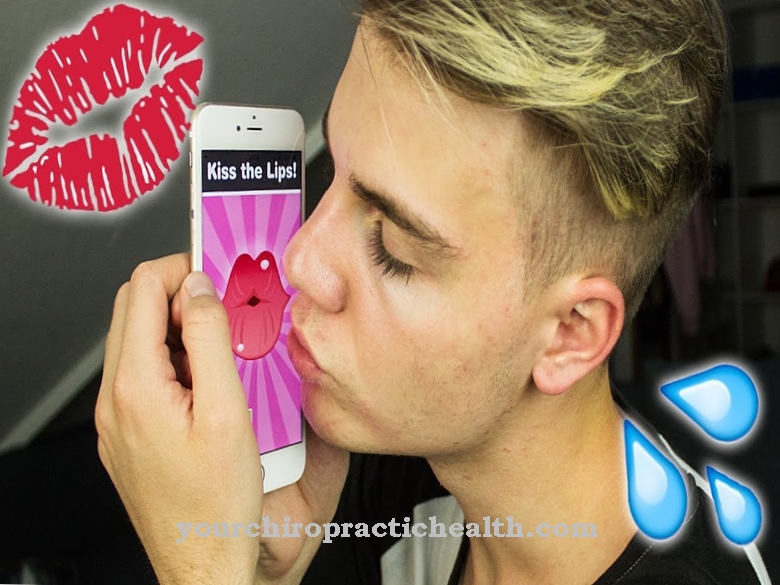
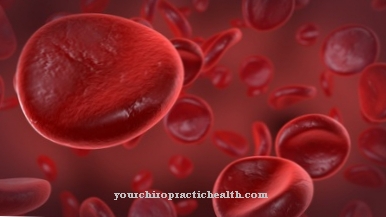



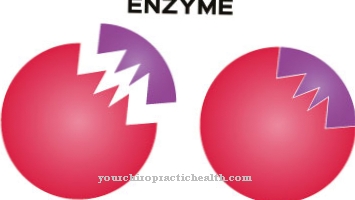
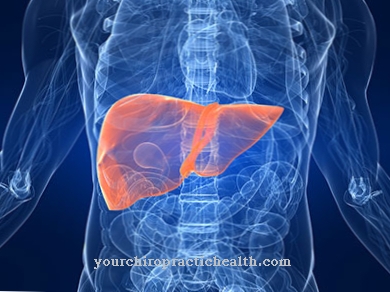



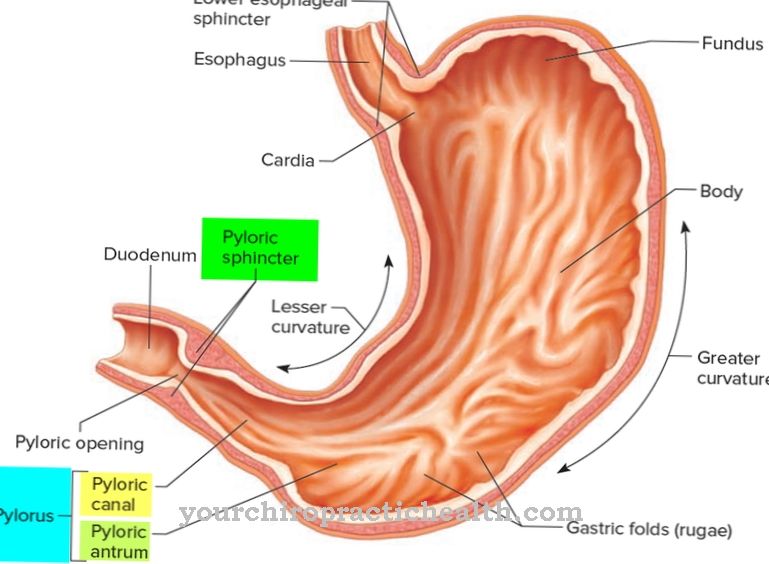
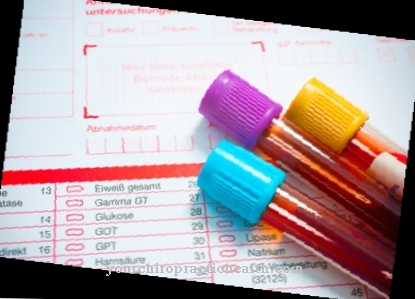
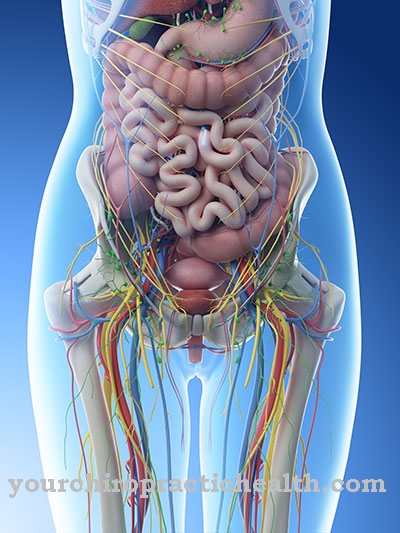

.jpg)